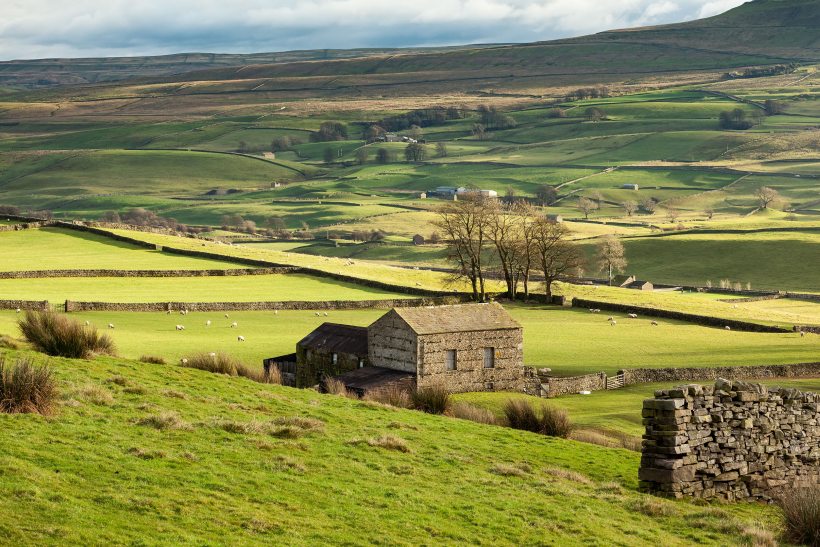
Film location work can provide valuable additional income for farming and rural businesses, property experts say.
Rural properties of all shapes and sizes, and in all manner of locations, the grand and the not so grand, are in demand as locations for film and TV.
Being able to provide the right location – whether that’s a stately home, a cottage, woodland, gardens or moorland – at the right time, can be a useful source of additional income.
Martyn Dobinson, Partner Saffery Champness, highlights some of the important considerations.
Get listed
Unless you are fortunate enough to get an approach out of the blue, the usual route to making your property available as a location is to register with a location agency.
They will require a photographic portfolio showing what is available. Registration is usually free, although they will take a commission if your listing results in a filming contract.
Access
Crews vary considerably in size, but for feature films for example, come with truck-loads of equipment and baggage, Accessible parking, and usually a lot of it, is therefore a must.
In any contract with a film company, be sure to specify what restrictions on access there are, ie what areas are off limits for filming. If your property is used for other events, such as weddings, ensure that there are no booking clashes.
Liability
The production company will have its own liability insurance, which should cover any accidental damage to your property or contents.
However, it’s important to ensure that such cover is in place before any action commences, and to get a copy of the production company’s insurance documentation.
Where agreed changes will be made to your property, such as changes to decoration, clarify beforehand that any costs of making good or remedial work will be covered by the production company. All valuables should be stored away safely and securely.
Exposure
Where a property is open to the public, or operates as a wedding venue, exposure through a film or TV programme can significantly increase its appeal.
It can also add value to your property in the event of a future sale. Consider whether increased visitor numbers, resulting from the exposure, can be accommodated?
There are also negatives, however, and for working farms and estates, increased visitor interest and access may not always be desired.
Income
Fees from location work are not going to provide a regular income stream over the longer term. Unless your property is lucky enough to be cast as a regular location in a popular TV series, at best, filming income will be sporadic.
It can, however, provide a welcome bonus or income boost for a particular investment. Location work for TV commercials can also be lucrative, although again, these will be one-off.
If you have interesting items, chattels or plant and machinery that the production company wishes to use, make sure you make an appropriate charge.
Occupation
One of the requirements of the production company may be that you vacate your own property, sometimes for a lengthy period.
Given that filming days are often long, being off site may even be the sensible option, although you may want to be present to oversee proceedings. That said, most repeat filming ‘customers’ cite freedom as one of their key requisites.
Secrecy
Confidentiality clauses are not unusual and will prevent you telling anyone what is being filmed at your property, and some productions actually insist that owners are absent.
Such clauses apply across all communications, including social media. Any press interest regarding what is taking place should be referred to the production company.
Experience
There are non-financial benefits too. Having a film or TV programme made at your property can be an interesting and memorable experience.
You may have the opportunity to meet the actors and others in the production team, or even to take part as an extra!
Tax
There can be tax implications from letting your property as a filming location. The income will certainly be taxable. Any tax-deductible costs should be carefully recorded.
If a property is let regularly for filming use, there could also be Inheritance Tax implications. Letting for filming, as opposed to using a property in a trade for example, could pose issues with regards to the availability of Business Property Relief.
The structure of the contract and level of services provided by owners and their staff should be carefully considered in those cases.
If the plan is to seek a regular income from film location work, as a diversified income stream to complement your normal farming income, then the tax structure under which this aspect operates will require careful consideration, and professional advice should be taken.
